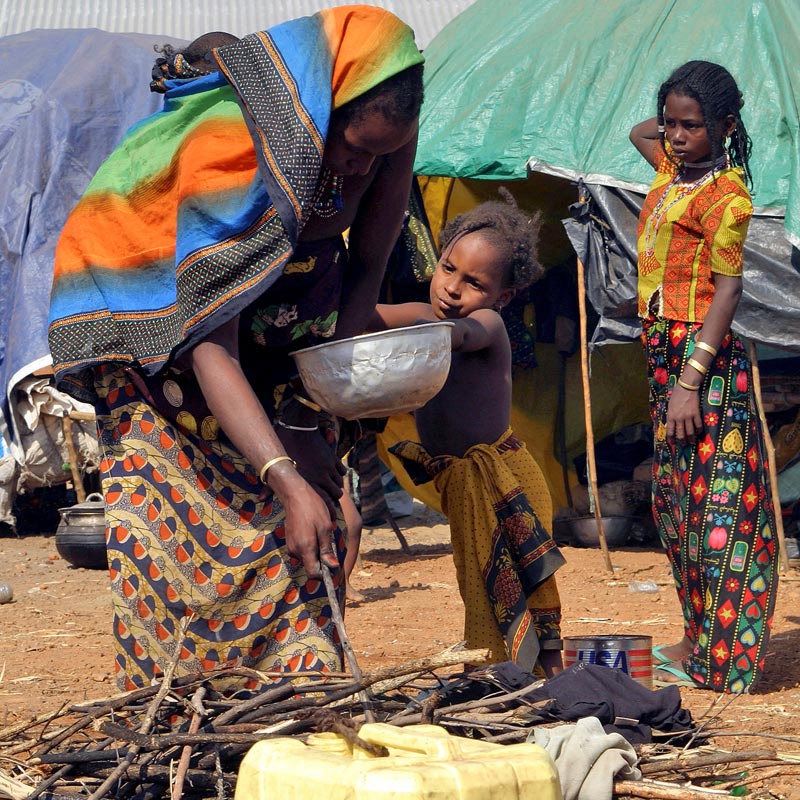-
Grants
2
-
Total Awarded
$450,000
-
Years
2015 - 2017
-
Categories
Grants
The Centre for International Governance Innovation (CIGI) is an independent, non-partisan think tank based in Waterloo, Canada. Led by experienced practitioners and distinguished academics, CIGI supports research, advances policy debates, and generates ideas for improvements in multilateral governance. CIGI serves as the secretariat for the World Refugee Council, which develops fair and just approaches to international cooperation and responsibility sharing in refugee protection. Composed of former heads of government and high-level officials, Nobel laureates, prominent activists, private sector leaders, and renowned scholars, the World Refugee Council convenes experts, produces issue-specific reports, and develops recommendations with the goal of advancing new solutions to transform the global refugee response system.
The Centre for International Governance Innovation (CIGI) is an independent, non-partisan think tank based in Waterloo, Canada. Led by experienced practitioners and distinguished academics, CIGI supports research, forms networks, advances policy debate, and generates ideas for multilateral governance improvements. The award supports the production and dissemination of empirical research on global Internet governance issues as part of the CIGI and Chatham House Global Commission on Internet Governance. The Commission is a two-year initiative designed to produce concrete policy recommendations for a future of Internet governance that promotes human rights while reducing systemic risks. It is chaired by former Prime Minister of Sweden Carl Bildt, and includes a range of distinguished diplomats and Internet experts. Some of the world's leading Internet governance scholars from disciplines as diverse as economics, law, and engineering will develop research papers that will be openly published and strategically distributed to stakeholders engaged in a variety of international conversations in which the future of Internet governance is being debated. In addition, the papers will inform a set of Commission policy recommendations.




